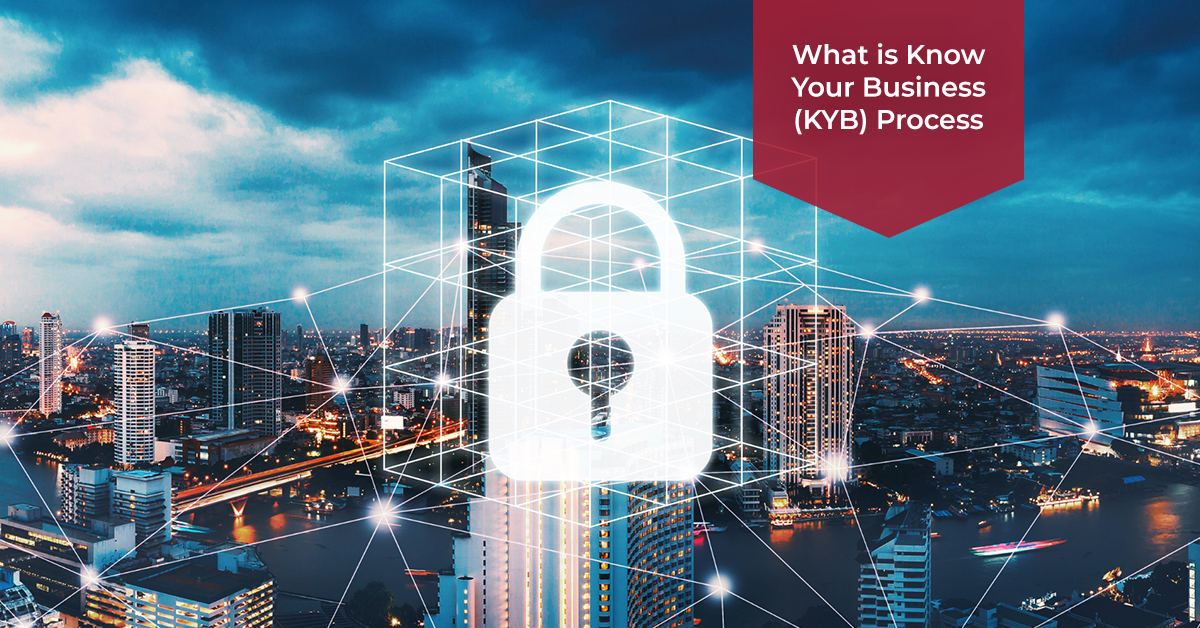
What is Know Your Business (KYB) Process?
Know Your Business (KYB) is a crucial process implemented by financial institutions and businesses to verify and understand their corporate clients or business partners. It involves gathering information and conducting due diligence to assess the legitimacy, reputation, and potential risks associated with a particular business entity.
The KYB process aims to prevent money laundering, fraud, terrorist financing, and other illicit activities by ensuring that businesses are transparent, trustworthy, and compliant with relevant regulations. It provides a comprehensive understanding of the businesses with which organizations engage, enabling them to make informed decisions and manage potential risks effectively.
What are Know Your Business Regulations?
Know Your Business (KYB) regulations are guidelines and legal requirements established by regulatory authorities to combat financial crimes and ensure transparency in business transactions. These regulations are primarily designed to align with anti-money laundering (AML) and counter-terrorist financing (CTF) initiatives.
KYB regulations set out the obligations of financial institutions and businesses to conduct due diligence on their corporate customers. This includes verifying the legal existence of the business, identifying the beneficial owners, understanding the nature of the business activities, and assessing the risk profile associated with the business relationship.
How to Comply with KYB Regulations?
Complying with KYB regulations involves a systematic approach to collecting and verifying information about corporate clients. Here are the key steps to ensure compliance:
- Identify the Purpose: Determine the purpose and scope of the business relationship to establish the level of due diligence required. Different risk factors, such as the industry, location, and transaction volume, can influence the level of scrutiny needed.
- Gather Relevant Information: Obtain necessary documentation and information from the corporate entity, such as registration certificates, licenses, articles of incorporation, and ownership structure. This includes identifying the ultimate beneficial owners (UBOs) and individuals with significant control (ISC) over the business.
- Verify Information: Conduct thorough verification of the provided information by cross-checking it with reliable sources. This may involve verifying the business registration with government authorities, checking the UBOs against sanctioned lists, and confirming the accuracy of financial statements.
- Assess Risk Profile: Evaluate the risk associated with the business relationship based on factors like the nature of the industry, geographic location, customer profile, and previous business dealings. This risk assessment will help determine the level of ongoing monitoring required.
- Maintain Adequate Records: Maintain detailed records of the KYB process, including the documents collected, verification results, and risk assessment findings. These records should be readily accessible for regulatory audits and reviews.
Which Establishments are Required to Use KYB?
While KYB regulations vary across jurisdictions, several types of establishments are generally required to comply with KYB obligations. These include:
- Banks and Financial Institutions: Banks and financial institutions are subject to strict KYB requirements due to their role in facilitating financial transactions and potential exposure to money laundering risks.
- Money Services Businesses: Money services businesses, such as money remitters, currency exchanges, and payment processors, are also mandated to implement KYB processes to prevent illicit financial activities.
- Cryptocurrency Exchanges: With the rise of cryptocurrencies, many jurisdictions have introduced KYB regulations to monitor and control transactions in the crypto space. Cryptocurrency exchanges must comply with KYB regulations to mitigate risks related to money laundering and terrorism financing.
- Professional Service Providers: Lawyers, accountants, and other professional service providers often interact with corporate clients and play a crucial role in ensuring compliance with KYB regulations. They must conduct due diligence on their business clients to maintain integrity in their practices.
Complying with KYB regulations is vital for organizations operating in regulated industries. By following the prescribed KYB processes, businesses can build trust, mitigate risks, and contribute to the overall integrity of the financial system.

